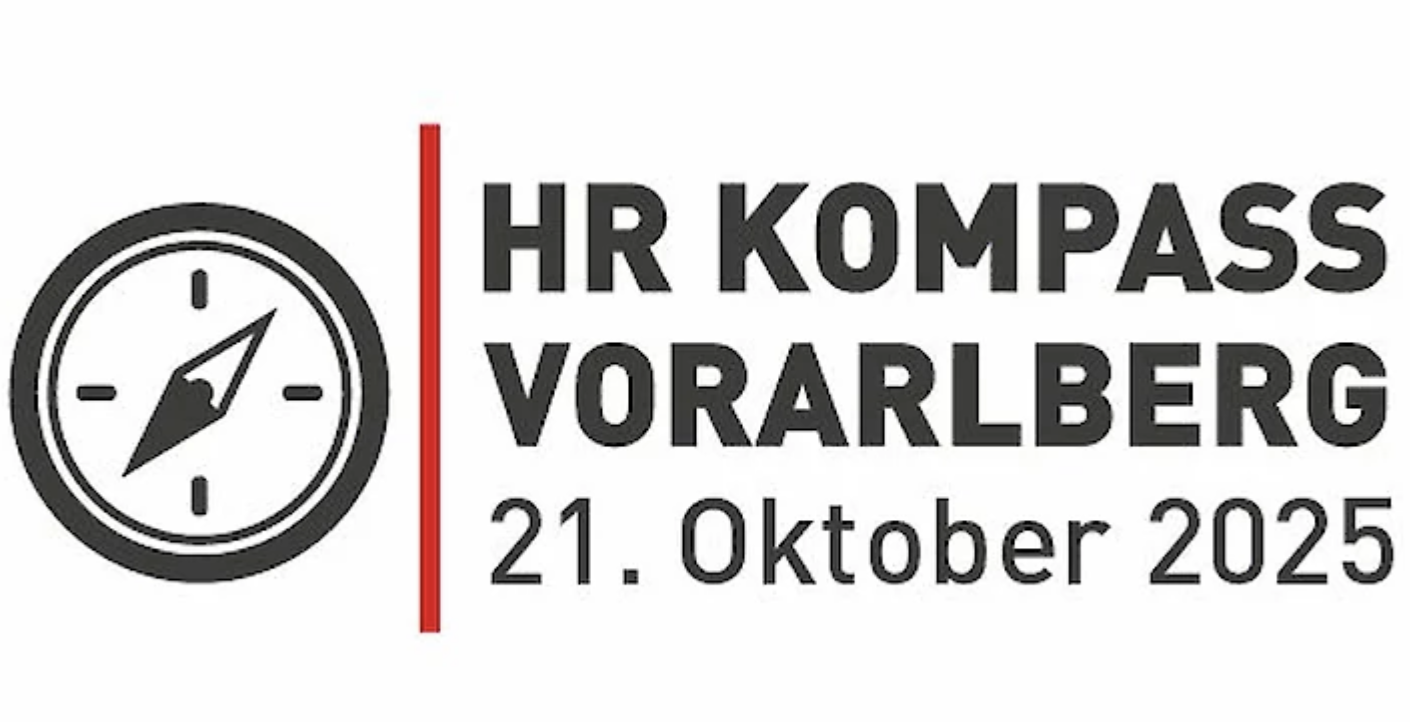Talking tech: Communications expert Annabel Cole explains how leaders within complex industries can develop their voice in public. How to do this is surprising.
When it comes to communicating powerfully, every word counts. When you are talking about science and tech, the stakes are even higher.
Science and tech communications have to strike a difficult balance. On the one hand, accuracy is vital – high volumes of data and technical detail will necessarily make up the core of any content – but, in order to be truly effective, that content needs to be packaged in a way which can be understood by the target audience. Capture attention and then, the ultimate proof of success, move your audience to a desired course of action.
This is easier said than done. A specialist discipline – science communications – has grown up to smooth the interface between ‘geeky’ material and the wider world, from policy documents to podcasts; press releases to pitches. But what about leaders? The people who are not only the names and faces but increasingly the voices of their industries as well? In my experience of working with people in this position, it can feel pretty lonely.
Leaders in science and technology are increasingly in the spotlight. Awareness of the impact of these fields on our daily lives has widened; think the explosion of AI, our increasingly tech-dependent driving experience and our internet-enabled social lives. There has been a notable uptick in the public presence of the people behind the innovations.
TED Talks on subjects ranging from quantum computing to bionic limbs garner millions of views while formerly lab-bound virologists became as familiar as soap stars during the global pandemic. And the burgeoning appetite for the consumption of science and tech at a daily level has been matched by increased public scrutiny towards those profiting from their influence over our daily lives. Long-established crossover superstars in the area – Elon Musk and Mark Zuckerberg – have been joined by a host of figures emerging from cyber-obscurity into the public gaze, from Bitcoin billionaires to Pavel Durov, the CEO of Telegram, recently arrested in France on criminal charges relating to the messaging app.
The clamour to put a human face to the science and tech industry isn’t ring-fenced at the level of global influence. Austria invested over Euro 15 billion on R&D in this area last year and its world-renowned medical technology industry turns over more than Euro 9 billion annually. Alongside the basic commercial obligation of any business to generate revenue by reaching its core market, the growing requirement to interface with stakeholders across a wide range of areas means there is enormous value in getting it right.
And here is the difficulty. Those who are often the most highly skilled, even those who are demonstrably effective leaders within their organisations or industries, are not always those most comfortable stepping into the spotlight.
I frequently work people in highly technical disciplines. Informally, I describe them as people who would ‘rather just be doing their jobs’ but find themselves increasingly pulled into the public domain at a senior level.
My professional background as a journalist gave me a head start in this area. Working for national newspapers in the UK, the requirement to transform high volumes of complex information into an engaging article for a mass audience is a daily requirement. If you don’t get it right; the paper doesn’t sell.
But then I began supporting an organisation of high value that was struggling because it couldn’t articulate its core activity. I realised my skills had practical value far beyond making headlines.
Working with clients, my aim is to enable them to become ambassadors for their industry and field. To ease leaders into the spotlight and help them develop the skills to articulate the importance of what they do in a way which connects with people outside their professional bubble. In short, help them find their voice as leaders within their company and on the public stage.
5 core insights
How is this done? Here are five core insights. And for those perhaps weary of the merry-go-round of corporate communications-training, I hope they will offer a few surprises along the way.
1. It’s not about you
Like it or loathe it, when we step into the spotlight, it is easy to feel as if we are the centre of attention.
In fact, most of the time the key to communicating powerfully is thinking about your audience. It’s far less about what you say than what other people hear.
Whether it’s a keynote, a town hall, a roadshow or a board presentation, before you even start thinking of preparing anything to say, get into the habit of thinking about the people you are speaking to.
Put yourself in the other person’s shoes and whatever you have to say will stand a far better chance of being received.
2. Content not confidence is key
When it comes to public speaking of any kind, experts often claim that confidence is key. I disagree.
Content not confidence is vital. This core principle is true of any type of communication, regardless of subject or format and is especially important when you are dealing in highly technical areas.
No number of visualisations, power talks or deep breathing exercises will help if what you have to say is flabby and poorly-crafted. Have the right content and confidence will follow.
3. Don’t get distracted by storytelling
One of the challenges of speaking about science and tech is the level of detail involved. It can be overwhelming and very hard to package in a way that is understood and well-received.
‘Storytelling’ is an established buzzword when it comes to communications: a strong narrative is essential if you are to stand a chance of engaging an audience and in science and tech, storytelling is a powerful way to illuminate an otherwise opaque topic and help bring together complex data into a digestible form.
But storytelling should not become a goal in itself.
Innovation does not always fit into a neat bundle. Research asks questions but does not necessarily provide tidy answers. There may not be a happy ending.
It’s easy to fall into the trap of allowing storytelling to become plot-driven. In fact, the most powerful stories in science and tech will emerge from facts, not the other way round. The skill is to develop a structure which allows for the necessary twists and turns. Think of storytelling in complex fields more along the lines of a top-class thriller than the perfect fairy tale.
4. Globish is not enough
In Austria, I frequently work with people using English as a professional language. And, in general, their language competency is brilliant.
They are usually very confident about working in English. Why shouldn’t they be? They have been doing it successfully throughout their working lives.
But remember Point 1: ‘it’s not about you’. Nowhere is this truer than when you are working in a non-native language. In this situation the natural tendency is to focus on getting the words ‘right.’
International English is a blunt instrument. Just one of the many pitfalls I observe is a lack of awareness of cultural difference. For native German-speaking clients, speaking and writing at length is a mark of professionalism but for native English speakers, brevity is king which also has the advantage of minimising the risk of boring your audience to death.
5. Becoming the ‘real you’ takes work
In communications training, much is made of the value of ‘being authentic.’ The most successful speakers are ‘real’ – we feel we know them.
While this is true, this makes it sound as if this is a natural gift. You either have it or you don’t. But, in fact ‘being real’ is a science.
As Matthew Kohut and John Neffinger observe in their book, ‘Compelling People’
‘When all the signals – voice, tone, gesture and words – line up and tell a consistent story we are confident that the signals are an accurate expression of how that person feels’
Anyone can be a great speaker. You might be more comfortable behind a computer screen than giving a speech but that doesn’t mean you can’t develop a powerful voice in public. Concentrate on your content, remember who you are talking to and, above all, leave nothing to chance. Finding your voice takes work; approach it as you would your next project and standing in the spotlight will feel like a less lonely place to be.
Annabel Cole, September 2024
Annabel Cole is a British communications-consultant based between Vienna and London. She is a partner at Blue Danube Search and a member of the Melzer PR group. For more information, visit annabelcole.com










